"Ten out of ten people have stomach problems," as the saying goes. Acid reflux, bloating, and stomach pain have become common ailments in modern society. For this, it is recommended that people with stomach problems drink dandelion tea regularly, as it has good effects on promoting digestion and improving stomach health.
Recipe: Soak 30 grams of dried dandelion in water and drink it once in the morning and once in the evening. Take it for 2 to 4 weeks as one course of treatment.
Comment: According to traditional Chinese medicine, drinking dandelion tea regularly is very beneficial for treating gastritis. Gastritis is one of the most common digestive system disorders. It is an inflammation of the gastric mucosa caused by various factors, often accompanied by epithelial damage and cell regeneration. The clinical manifestations of different types of gastritis may vary, but common symptoms include upper abdominal pain, bloating, belching, and recurrent bleeding.
Chronic superficial gastritis is a disease characterized by chronic superficial inflammation of the gastric mucosa. It is a common disorder of the digestive system and a subtype of chronic gastritis. It can be caused by alcohol consumption, drinking strong coffee, bile reflux, or infection with Helicobacter pylori. Patients often have varying degrees of dyspeptic symptoms, such as discomfort or dull pain in the upper abdomen after eating, accompanied by belching, nausea, heartburn, and occasional vomiting.
Clinical investigations have found that stomach problems are mainly related to Helicobacter pylori infection. Helicobacter pylori infection is the most common chronic bacterial infection in adults of different races and regions worldwide.
Traditional medical books have recorded the effectiveness of dandelion for treating stomach problems. For example, the "Comprehensive Collection of External Medicine Diagnosis and Treatment" from the Qing Dynasty states: "Dandelion is dried and blackened on a tile, ground into powder, mixed with alcohol, and taken to treat stomach pain." Modern research has found that dandelion can not only kill and inhibit Helicobacter pylori but also repair gastric mucosal damage, thus having a good therapeutic effect on stomach problems. Modern medical research has shown that dandelion contains unique active ingredients such as dandelion alcohol, dandelion flavonoids, choline, organic acids, inulin, glucose, vitamins, and carotene, which provide various beneficial nutrients for health and have anti-Helicobacter pylori and protective effects on the gastric mucosa.
Clinical applications have also proven that dandelion alone is effective in treating superficial gastritis and gastric ulcers, but it is more suitable for patients with stomach heat. Symptoms of stomach heat include heartburn, stomach pain and bloating, acid reflux, bad breath, and yellow urine. Dandelion is also a variety recently listed by the Chinese Ministry of Health as having both medicinal and food uses. According to "Compendium of Materia Medica," dandelion can clear heat toxins, dissolve food toxins, and reduce swelling and inflammation. It has been highly praised in medical works from different eras, such as "Tang Materia Medica," "Shennong's Classic of Materia Medica," and "Dictionary of Chinese Herbal Medicine." It is commonly used by the general public to treat abscesses, meningitis, influenza, and liver and gallbladder diseases. Dandelion tea is made from finely chopped and dried roots or leaves, which contain rich vitamins and minerals, have a liver-strengthening effect, and can lower cholesterol. In addition, it can also relieve indigestion and constipation, purify the blood, and promote the secretion of breast milk. However, dandelion is considered cool in nature, so patients with cold stomachs should drink it less or not at all, and they should also avoid consuming cold drinks, as they can cause diarrhea.




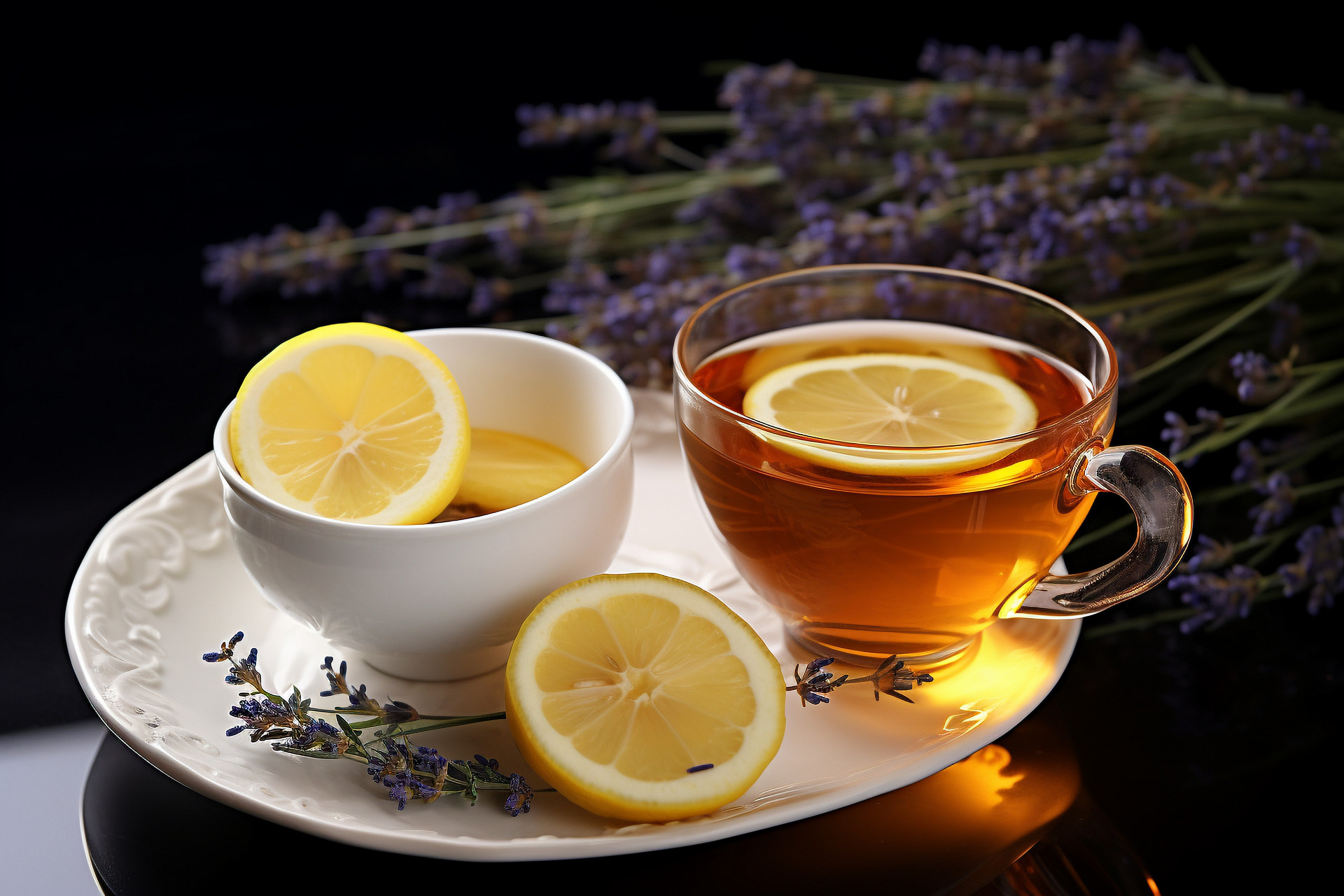
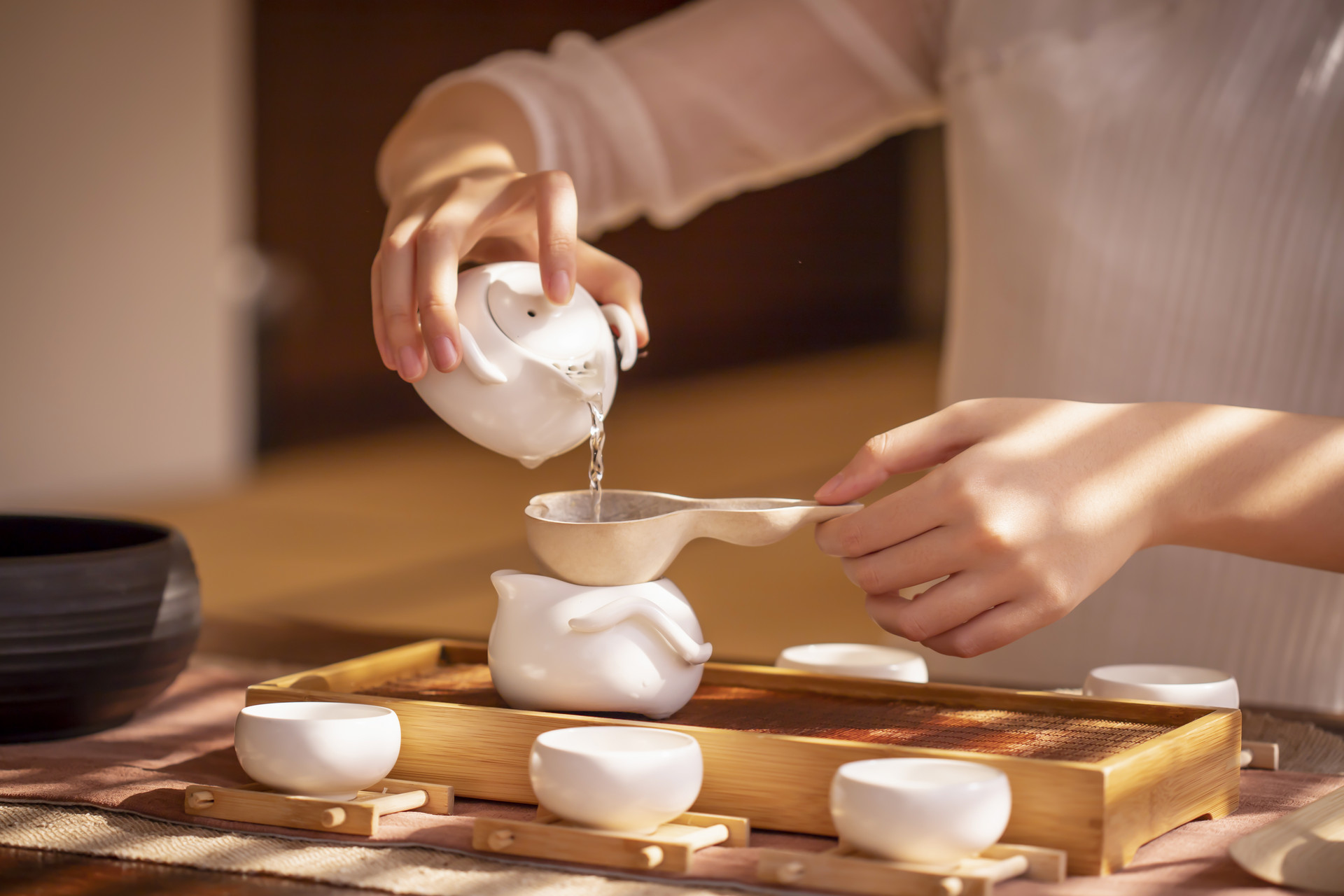
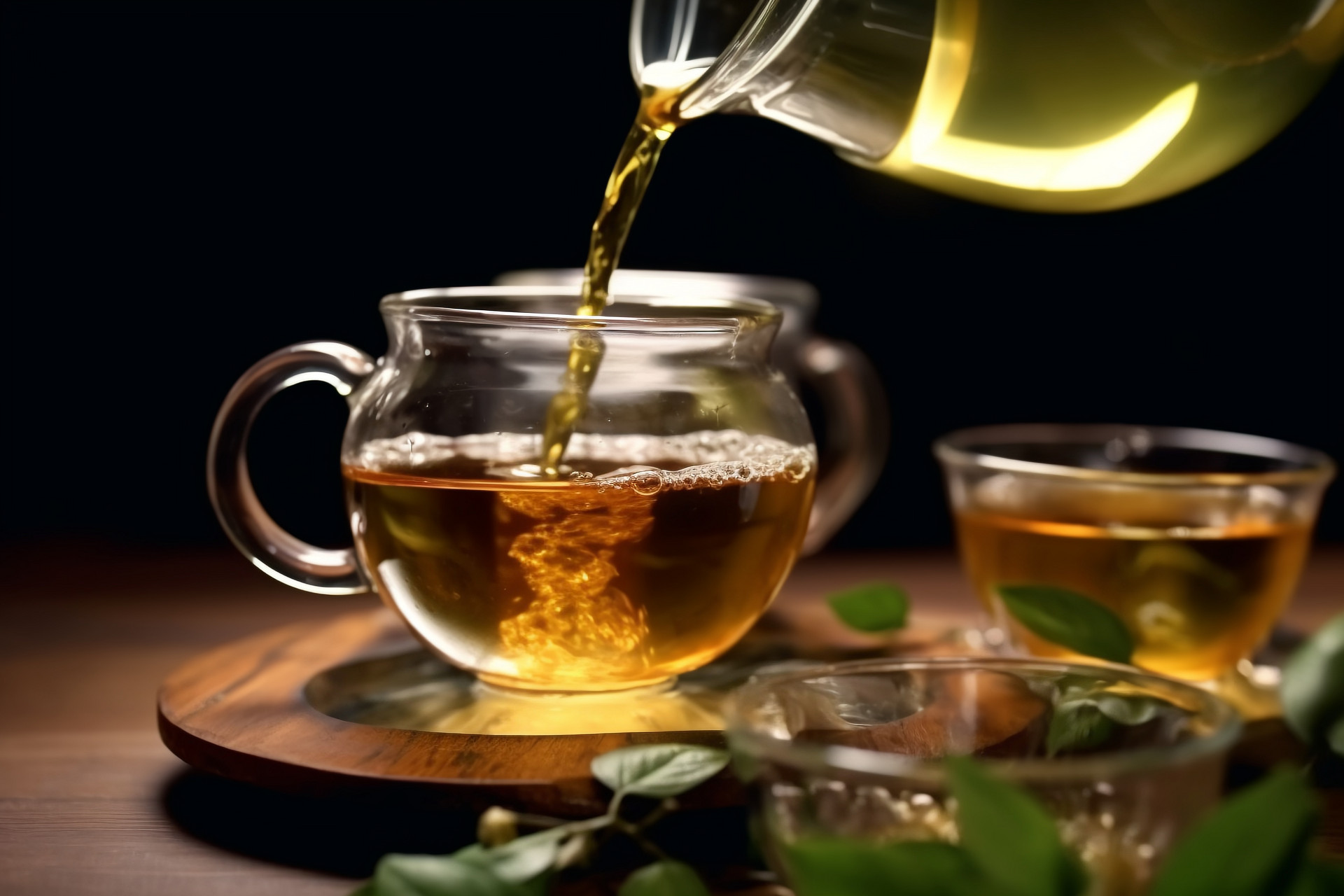

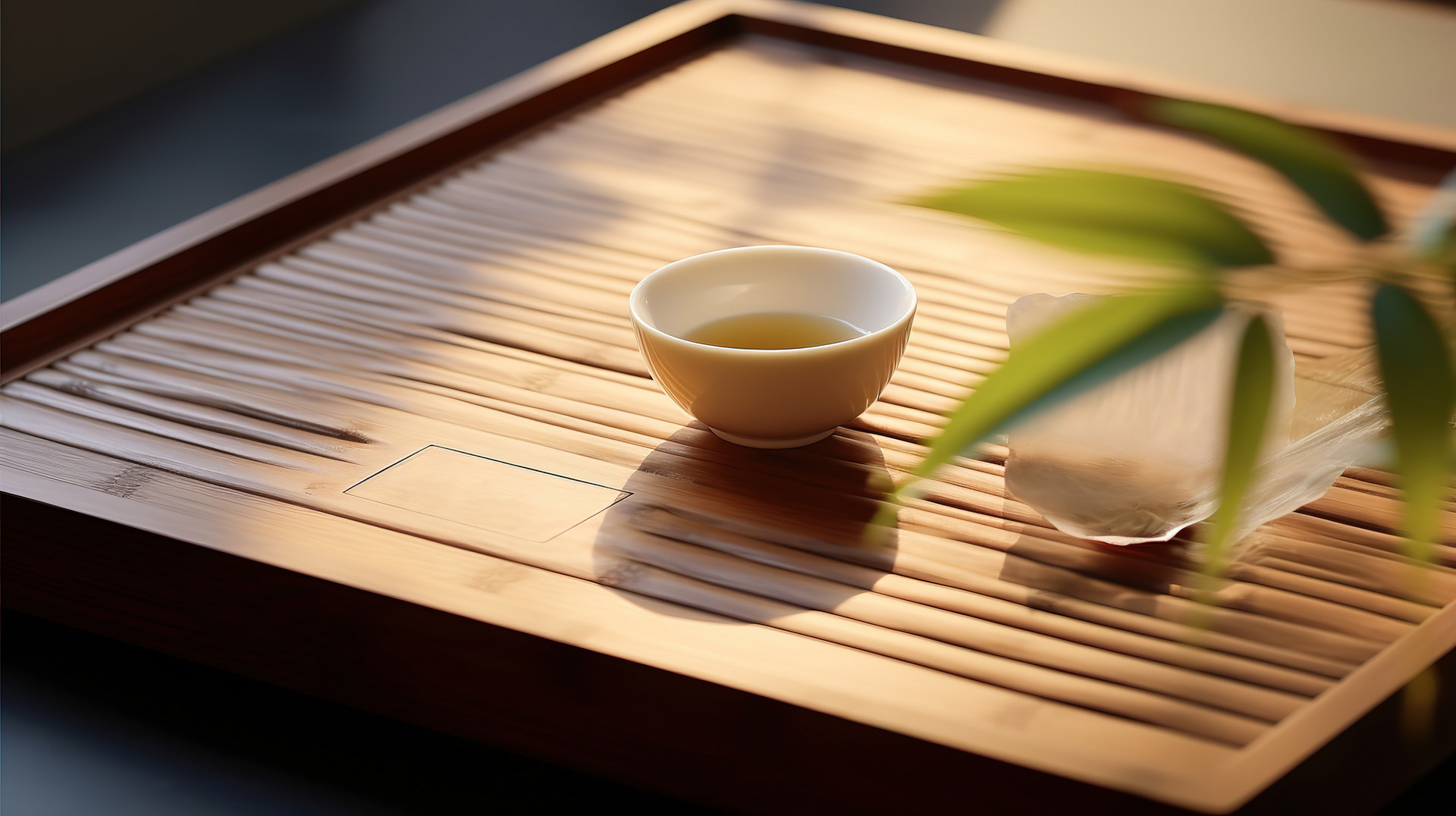
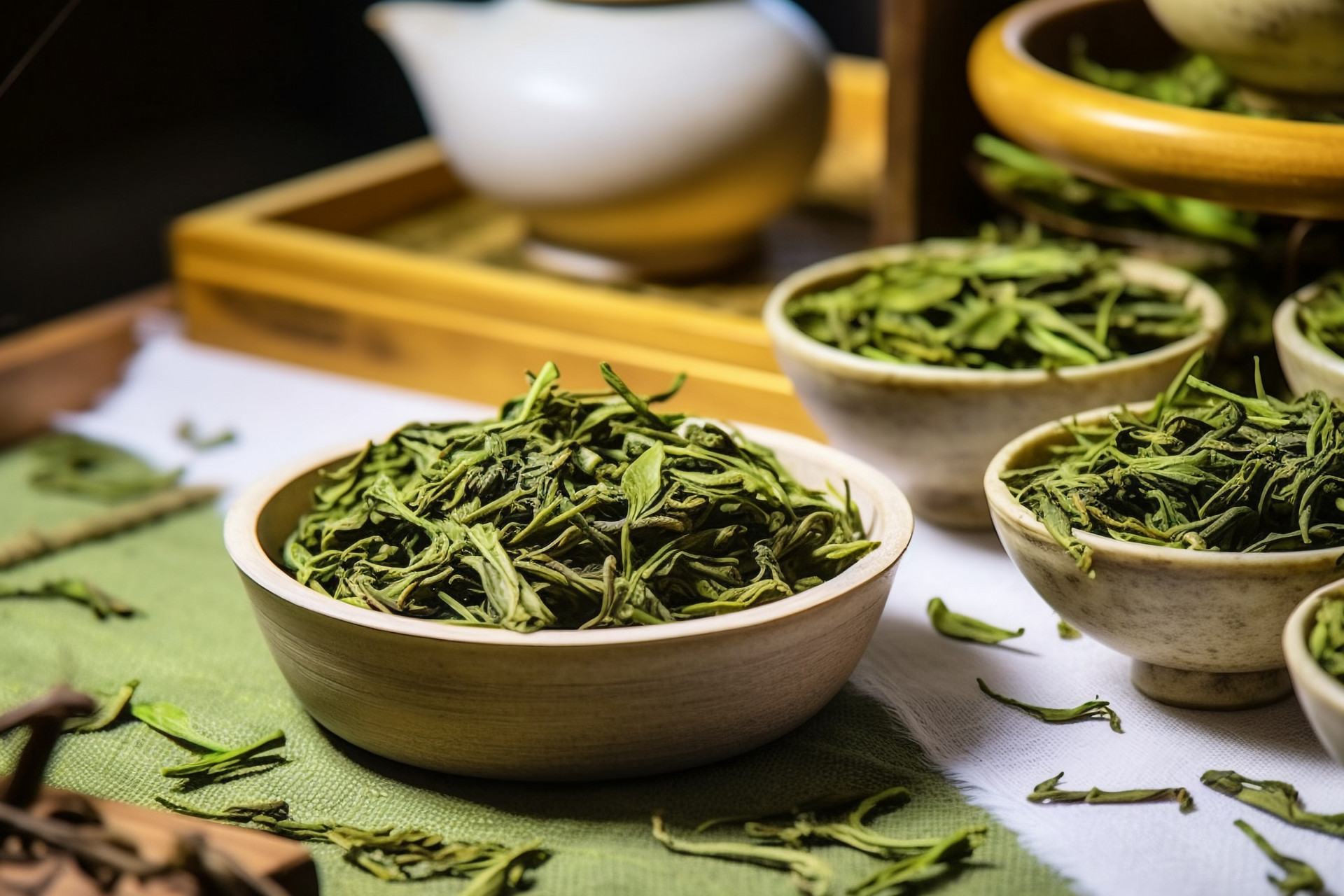
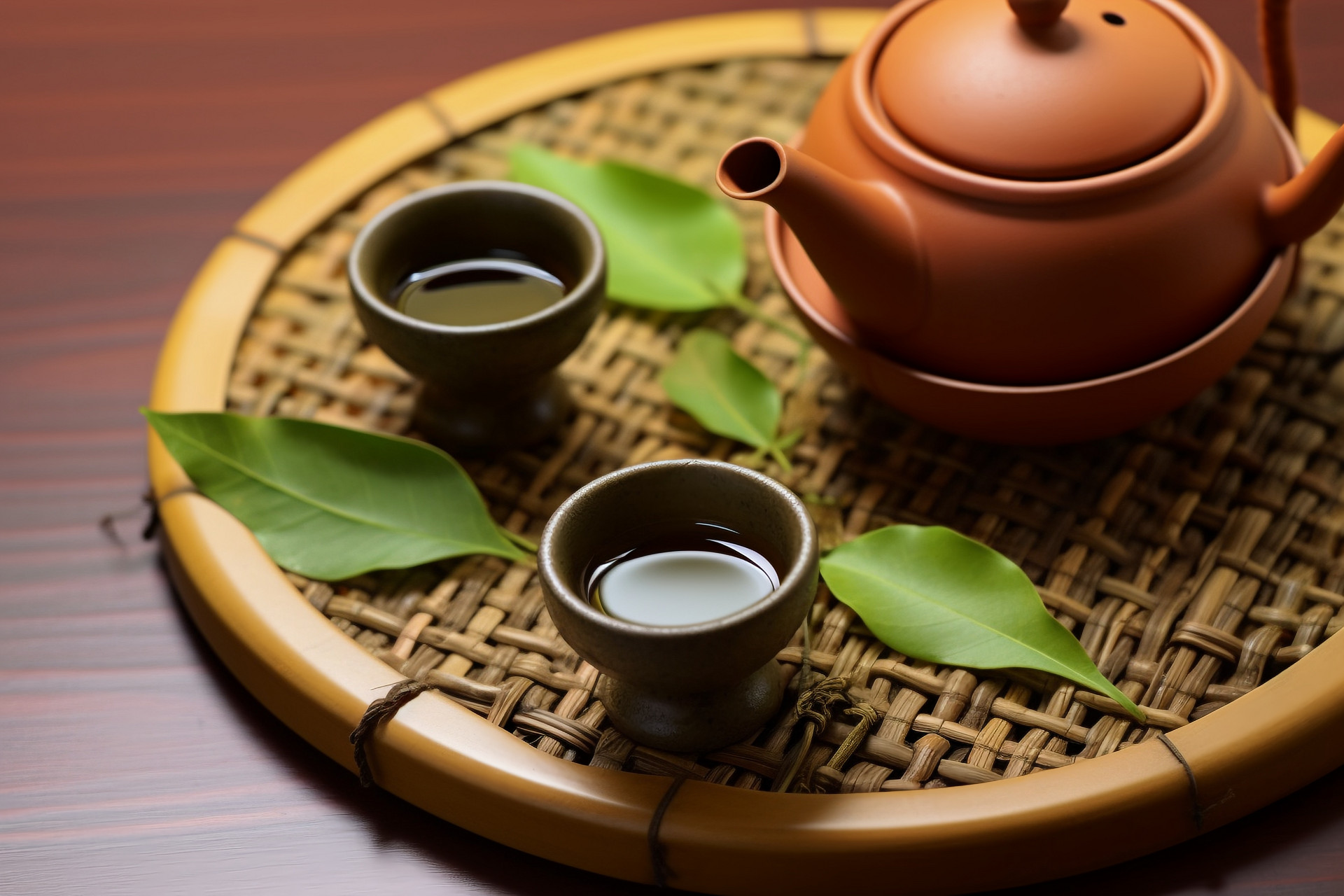
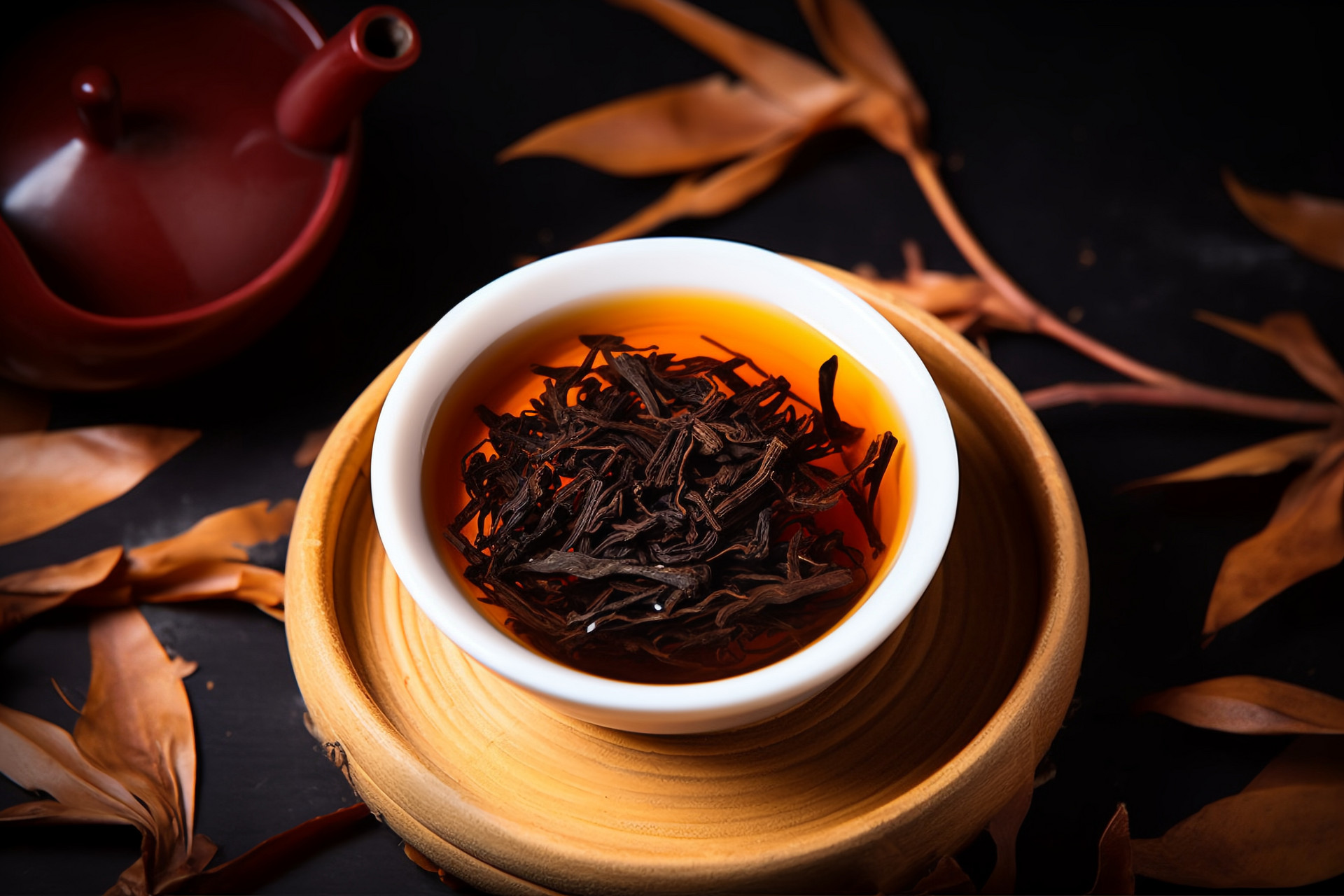
![[Herbal Wine Recipes for Health and Beauty]](https://tcmmaintenance.com/uploads/20240715/7241f6b6eafdaed88c28b26a37213964.jpg)